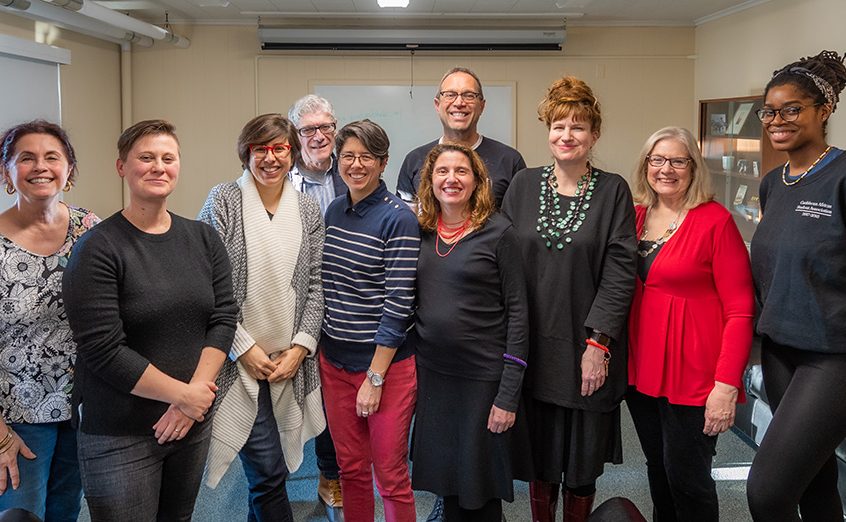Language, Literature, and Culture
The Voice of a Stranger: Rumor, Radio, and the Aurality of Difference in Interwar Japan
Document Type
Article
Abstract
In the late 1930s, a unique strain of media criticism developed in Japan surrounding radio broadcasting, sound, and the limits of public speech. Galvanized by a ban on “groundless rumors” which stifled independent expression in favor of state broadcasting, many intellectuals heralded rumor as a voice of the people—a mode of aural transmission that presented a more vernacular alternative to the foreign intrusions of broadcast sound. In order to better apprehend this critique, however, this article situates it within a darker history of rumor and aurality that traces back to the violent aftermath of the Great Kanto Earthquake, revealing unspoken anxieties over ethnic and racial difference at the heart of Japan’s interwar media discourse. © 2024, Society for Japanese Studies. All rights reserved.
Publication Title
Journal of Japanese Studies
Publication Date
Winter 2024
Volume
50
Issue
1
First Page
65
Last Page
98
ISSN
0095-6848
DOI
10.1353/jjs.2024.a918583
Keywords
rumor, Interwar period (1918-1939), radio broadcasting, press criticism, earthquakes, Japan, radio stations, radio networks
Repository Citation
Murphy, Alexander, "The Voice of a Stranger: Rumor, Radio, and the Aurality of Difference in Interwar Japan" (2024). Language, Literature, and Culture. 9.
https://commons.clarku.edu/llc/9



